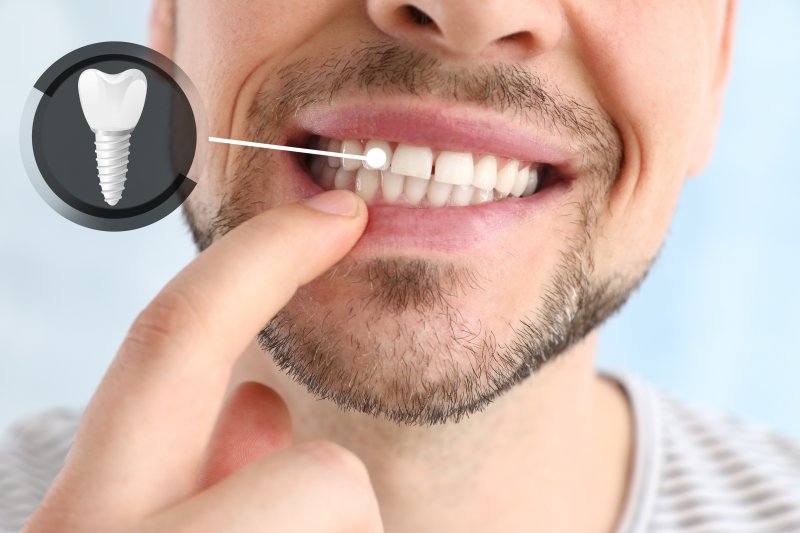
If you have missing teeth, you know from experience just how much it can affect your quality of life. Well, dental implants are an excellent solution that can help you eat, speak, and smile with complete confidence once again! At your consultation, your dentist may throw around some confusing words. Lucky for you, we’ve compiled a list of dental implant terms you should know so you can decode dental speak and understand exactly what’s going on. Read along to learn more.
Dental Implant
Are you thinking about getting dental implants in Grand Prairie? You’ll surely want to know what they are. An implant is a small medical device that’s surgically inserted into the jawbone. Once in place, it supports a dental prosthesis like a crown, denture, or bridge which replaces missing teeth. It’s one of the most permanent methods of tooth replacement, helping patients enjoy a full smile for several years or even a lifetime!
Abutment
An abutment is a connector that your dentist builds onto or attaches to the top of a dental implant. It’s an essential component that keeps your replacement tooth, like a crown, bridge, or denture, firmly in place.
Crown
Have you broken or lost a tooth because of injury, infection, or decay? Your dentist will use a crown to restore its function and appearance. A dental crown (also known as a cap) encases an entire single tooth, fortifying and replacing the missing structure. It can be attached to the abutment of a dental implant and used as a final restoration.
Dentures
Dentures are the most traditional method of tooth replacement, but most patients don’t have the same success with dentures as with dental implants. Some dentures can be removed for cleaning and storage, while others are permanently attached to the mouth (i.e., implant-retained dentures).
Osseointegration
The term osseointegration comes from Greek and Latin words meaning “bone” and “to make whole”. It’s a natural process that occurs during the recovery phase following dental implant placement. It allows the implanted post and surrounding bone tissue to fuse together, providing stable and durable results.
Titanium
Today, most modern dentists use dental implants made of titanium. There are several advantages to using this type of metal. For example, very few people are allergic to titanium. It’s also a lightweight but strong material, meaning there’s less weight on your jawbone once in place. And finally, titanium can successfully ossify with the jawbone.
Zirconia
Are you a part of the small percentage of people who are allergic to titanium? No worries – zirconia is another type of material used to make implants. Since zirconia implants have no prosthetic connections, the risk of bacteria growth is much lower. Most patients find that they have better gum health with this type of implant!
Are you ready to start your journey towards a beautifully restored smile? With this guide, you can better understand the process of getting dental implants in Grand Prairie!
About the Author
Dr. Heliben Desai has provided patients with exceptional, state-of-the-art, compassionate dental care for well over a decade now. She earned her Doctor of Dental Medicine at the Rutgers School of Dental Medicine in Jersey. Since graduating, Dr. Desai has completed numerous hours of continuing education every year to stay up-to-date with the latest in the field. If you have missing teeth, she can restore your smile and confidence with dental implants. Visit our website or call (469) 346-8828 to schedule a consultation with Dr. Desai.
